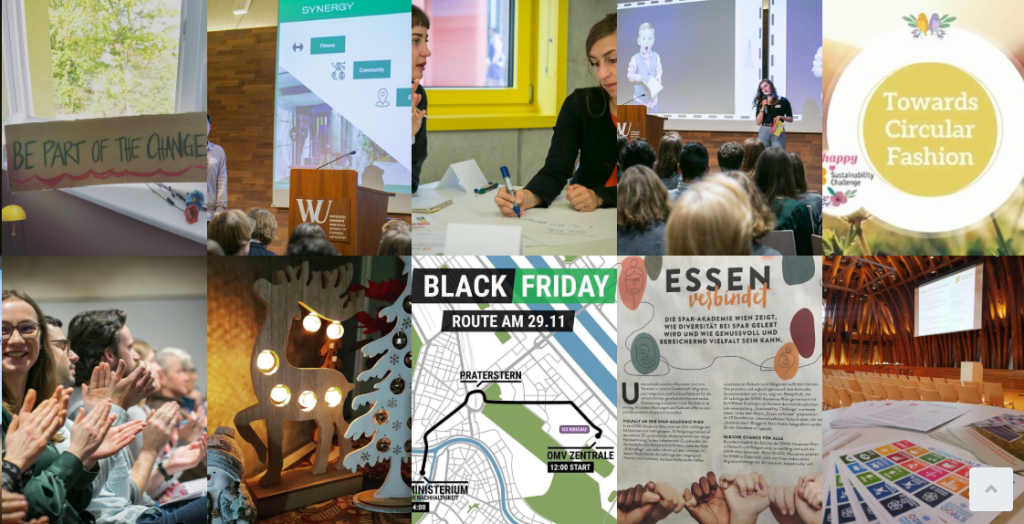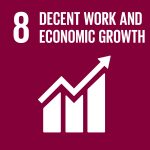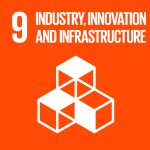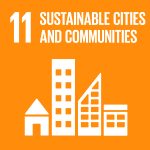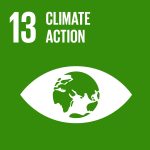Esta web utiliza cookies para que podamos ofrecerte la mejor experiencia de usuario posible. La información de las cookies se almacena en tu navegador y realiza funciones tales como reconocerte cuando vuelves a nuestra web o ayudar a nuestro equipo a comprender qué secciones de la web encuentras más interesantes y útiles.
Sustainability Challenge
Description
Institution
Organizations/areas of the university involved
RCE Vienna
Country
Austria
The Sustainability Challenge (SC) is a renowned inter- and transdisciplinary university course jointly offered by the 4 largest universities of Vienna – University of Economics and Business, Technical University, University of Natural Resources and Life Science and University of Vienna – and coordinated by RCE Vienna (Regional Centre of Expertise on Education for Sustainable Development, located at the University of Economics and Business). Annually, around 80 students of various disciplines – guided by eight university experts and several partners like public city departments, private companies, NGOs or initiatives – participate in the science-society interface project that enables learners to take direct action tackling urban sustainability challenges related to the SDGs in their local community. In the service-learning track students come together in interdisciplinary groups mentored by university experts and work in close cooperation with a partner (e.g. the ministry of environment, Siemens or Uni Credit Bank Austria) on selected service-learning projects (e.g. creating an implementation framework for the SDGs for big companies in 2017 or formulating a Science Based Target for a partner in 2018). Since 2016, the SC is also taking on and supporting sustainability-driven start-up ideas, such as an online marketplace for sustainable products and services, establishing transparent criteria based on the SDGs framework.
The SC interlinks theoretical content with real-life experiences and implementation, enabling learners/ students of different backgrounds to become agents of change in their community and create local impact, thus contributing to the realization of SDGs. Furthermore, students participating in the SC often continue working for their project partners and other sustainable institutions.
Since its beginning, the SC has been rewarded several times (e.g. Sustainability Award 2016, Best of Austria 2017) and so far, more than 600 students participated in over 100 projects with more than 60 different partner organizations.
Having its 10th anniversary ahead, the story of the SC continues.
Results and impact measured or expected
The impact achieved is via different channels:
1) Reach students of all fields, and enable them to become change makers within their local community through means of transformative teaching and learning tools. So far, over 600 students have participated in the program.
2) Reach companies of all sectors, who act as service-learning partners for the interdisciplinary student teams, thus finding means to take part in achieving the SDGs as a company. So far, over 60 companies have acted as service-learning partners, realizing SDG-related projects together with interdisciplinary student teams.
3) Promoting the SDGs in universitary curriculums in Vienna: the Sustainability Challenge is part of the curriculum of all the participating four universities, where students of any field get awarded credits for participating.
Connection with the SDG framework
The SDGs framework is applied in the initiative in two ways
1) Participants get theoretical lectures on the SDGs by university experts in the fields of ecological economics, climate change, social politics, sustainable buildings, regional planning and social entrepreneurship. There are disciplinary lessons, where one expert highlights the SDGs from the viewpoints of his/her field as well as interdisciplinary lessons, where a holistic perspective is given.
2) Participants work on practical projects related to the SDGs – either together with a service-learning partner or with their own idea for a sustainable business. During the project work they are asked to constantly assess and reflect their impact on the SDGs, thus providing a practical angle on the SDGs framework. All projects are supervised and mentored by the university/start-up experts.
Barriers and follow up
Barriers include given discrepancies in universitary curricula, which are hard to overcome if one wants to make the program available to students of any field. As a result students get awarded different amounts of credits for participating. Another hurdle that has to be overcome year by year is finding suitable service-learning partners who have the possibility and the means to implement the SDGs framework within their company and are willing to take on the challenge of working with an interdisciplinary student group as equitable project partners for one year.
Funding marks a major issue, as the whole program is third-party funded. For another year the Austrian Development Agency is funding 50% of all project costs. As an outlook, funding beyond that scope has yet to be achieved to be able to continue the program successfully.
Education 4 SDG funciona gracias a WordPress
